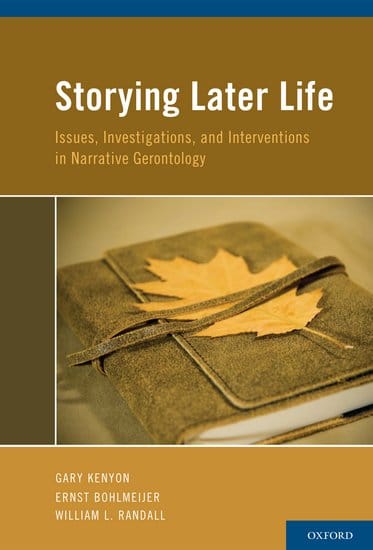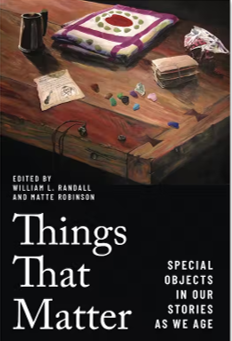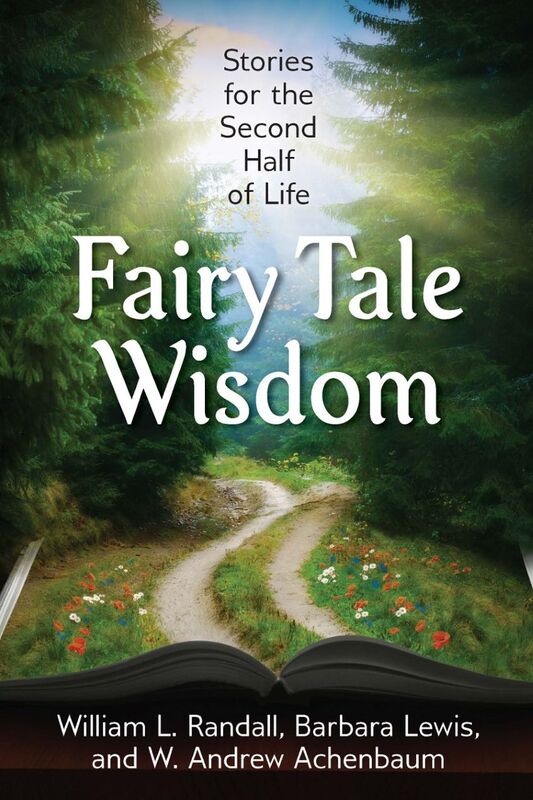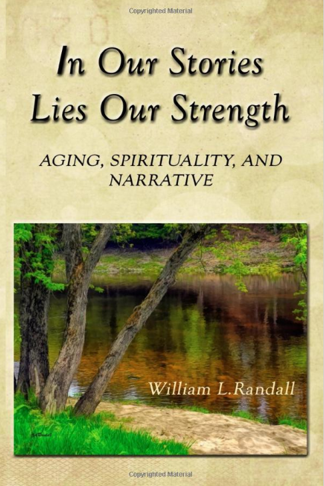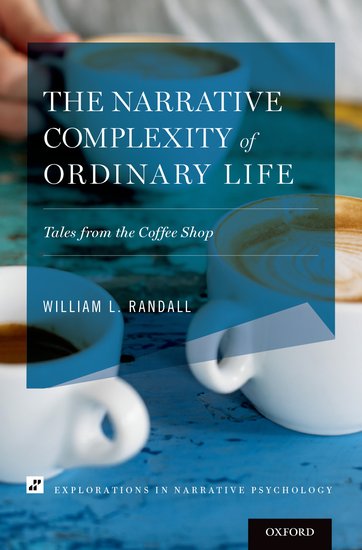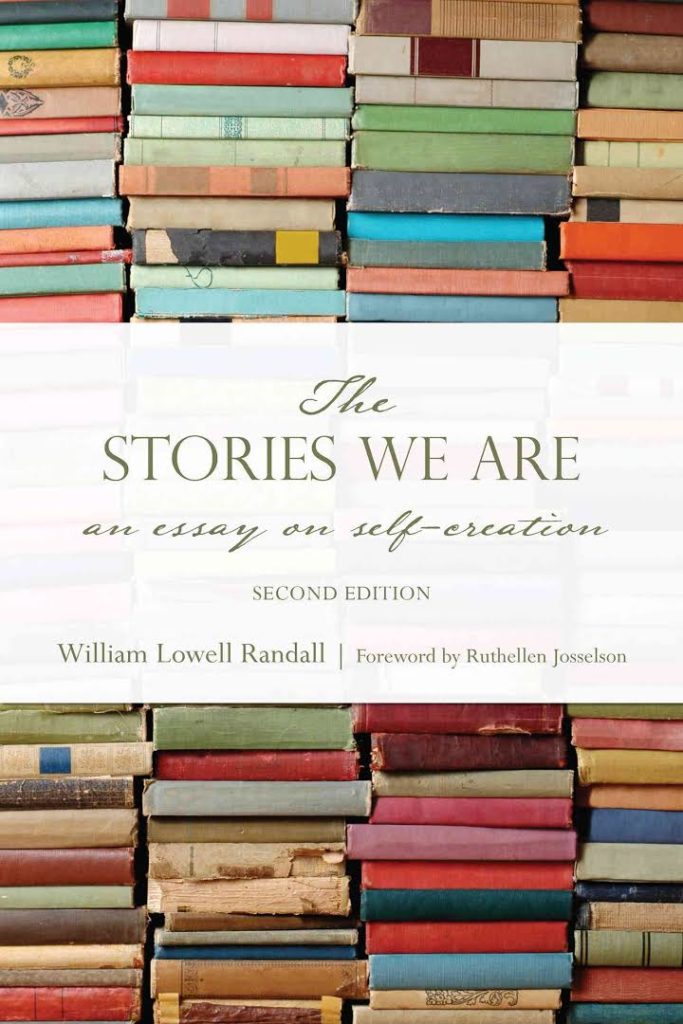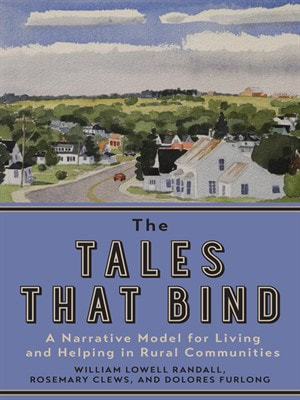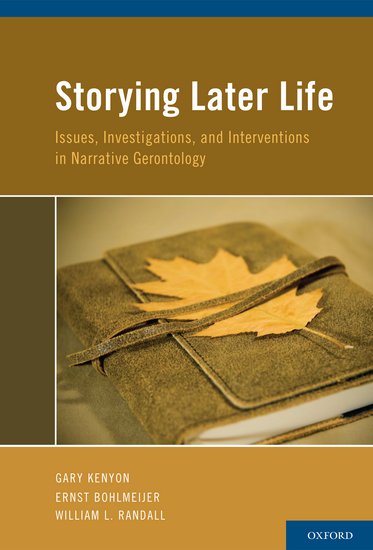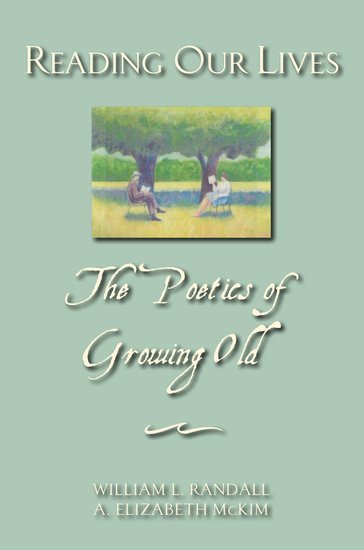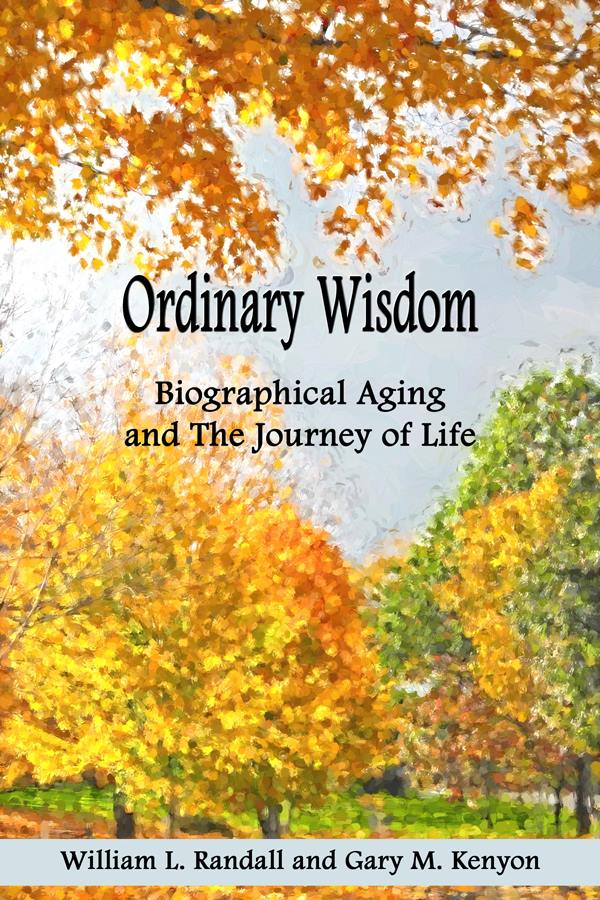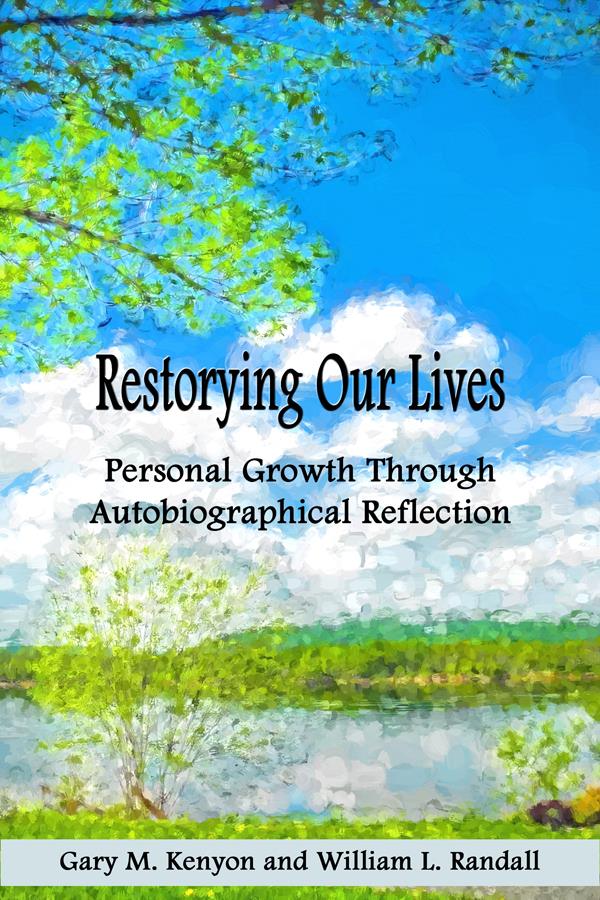Storying Later Life: Issues, Investigations, and Interventions in Narrative Gerontology
(Oxford University Press, 2011)
(Oxford University Press, 2011)
|
In its brief but vigorous history, the discipline of gerontology has spawned a broadening range of specializations. One of the newest of such specializations is narrative gerontology, so named for its emphasis on the biographical, or inside, dimensions of the experience of aging.
Telling stories about our world, our relationships, and ourselves is fundamental to how we make meaning. Everything from our history to our religion and our memories to our emotions is linked to the tales we tell ourselves, and others, about where we have come from and where we are going. They are central to who we are, and therefore central to how we age. The biographical side of human life is every bit as critical to fathom as the biological side, if we would seek a more balanced, positive, and optimistic perspective on what aging is about; if we would honor the dignity and complexity, the humanity and uniqueness of the lives of older persons, no matter what their health or economic standing. In this respect, a narrative approach is particularly suited to the exploration of such topics as meaning, spirituality, and wisdom, and the connections they share. “Storying Later Life is an intriguing, challenging and complex read... This book is unique in its exploration of the theoretical underpinning, the evidence base and the practical applications that this narrative 'take' on the ageing process can bring to individuals, groups and services for older people... The chapters are diverse and thought provoking and bring many related and varied themes of narrative gerontology together as a coherent approach to new and positive ways of working with older people in health and social care.” (Joan Healey, Ageing & Society) “New ideas and new directions animate this latest collection in narrative gerontology. Storying Later Life deals realistically with the dark as well as the light sides of narrative – the times when we cannot or will not story our lives, as well as the times when we tell stories that are pleasurable and healing. The editors’ concern for the broader uses of narrative beyond individual concerns, particularly the necessity of narrative care at a time when medicine is increasingly mechanistic and impersonal, gives this collection moral weight as well as social significance. I highly recommend it.” (Ruth Ray, Professor of English, Wayne State University) |
